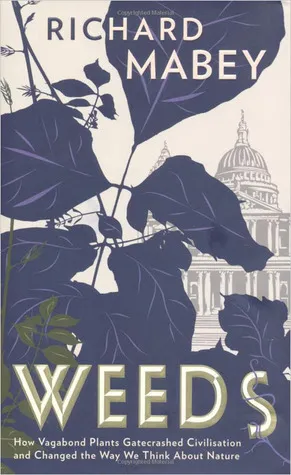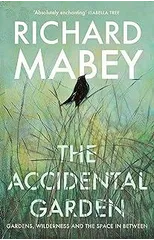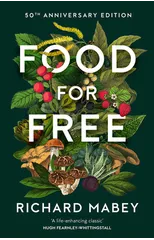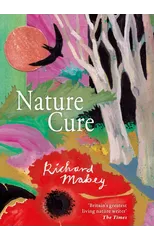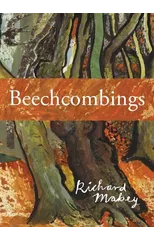Weeds
The Story of Outlaw Plants
(Author) Richard MabeyEver since the first human settlements 10,000 years ago, weeds have dogged our footsteps. They are there as the punishment of 'thorns and thistles' in Genesis and , two millennia later, as a symbol of Flanders Field. They are civilisations' familiars, invading farmland and building-sites, war-zones and flower-beds across the globe. Yet living so intimately with us, they have been a blessing too. Weeds were the first crops, the first medicines. Burdock was the inspiration for Velcro. Cow parsley has become the fashionable adornment of Spring weddings.Weaving together the insights of botanists, gardeners, artists and poets with his own life-long fascination, Richard Mabey examines how we have tried to define them, explain their persistence, and draw moral lessons from them. One persons weed is another's wild beauty.
Richard Mabey
Richard Mabey is a British nature writer and botanist known for his unique blend of scientific knowledge and creative storytelling in his works. His most notable works include "Flora Britannica," "Food for Free," and "Weeds: In Defense of Nature's Most Unloved Plants." Mabey's writing style is characterized by his deep appreciation for the natural world and his ability to connect readers with the beauty and significance of plants and wildlife. He has made significant contributions to the genre of nature writing by exploring the intricate relationships between humans and the environment. "Flora Britannica" is considered his most famous work, documenting the flora of Britain and its cultural significance. Mabey's work has had a lasting impact on environmental literature, inspiring readers to reconnect with nature and appreciate the beauty of the world around them.
